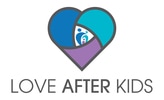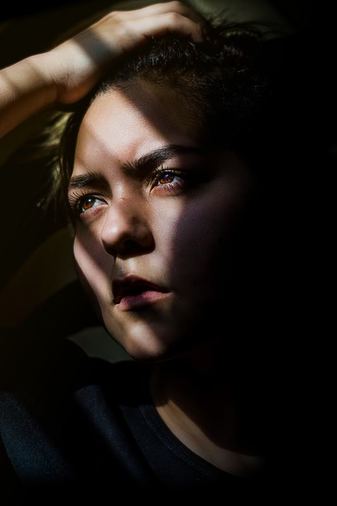The Shiva Show
Shiva has evolved into something very different, at least for non-religious Jews in the States. These days, the mourners are expected to cater the Shiva so people paying their respects can stuff their faces with bagels, lox, and rugelach (Jewish cookies). It’s more like a cocktail party, really.
What not to say
Another woman entered the funeral home and started talking about the Olympics. It was the first time seeing her after my mother died.
The limo driver taking us from the funeral home to the cemetery started chatting with my dad about different routes to take and where he was from in Westchester.
Others told me she is in a better place. Really? What do they know that I don’t? She’s not here. That’s where I want her to be. That’s where she’s not. Where she is doesn’t worry me. I’m heartbroken that I don’t get to hear her voice anymore.
Even the Rabbi, as they were pouring dirt onto my mother’s coffin at the cemetery, chose that moment to approach Deb and me to start talking about, you guessed it, Austin. I couldn’t believe it. Deb told him very politely that we wanted to be in silence and he apologized and said this was the hardest part, so he was just trying to distract us.
We don't need to be distracted from grieving
Not everyone asked about Austin or talked about the gold medal count in the winter games. A lot of people came and hugged me and didn’t say anything or told me they were so sorry for my loss, or how they loved my mom, or how they didn’t have words. Those were the kinds of responses that made me feel cared for, seen, joined and understood.
So why are so many people either clueless or terribly uncomfortable in these moments? Why has Shiva gone from being a quiet, respectful practice to a social gathering? These feel like important questions to ask and think about because they have to do with something each and every one of us is going to deal with no matter who we are, death and dying.
Avoiding pain doesn't make it go away
Repressed emotions turn into headaches, digestive issues, back pain, etc. Another side effect of not dealing with death is that it feels really lonely for the mourners when the people surrounding us are not acknowledging the sadness, pain, and loss.
The denial of death
It’s as though our mortality has been surgically removed from our consciousness so that all of the empathy, reflection, thoughtful analysis and connection that we are capable of as humans have gone out the window.
I am still very much in the heart of grieving my mom. I’m looking at a picture of her now as I type. I feel like her death has opened a portal for me that is related to the portal of living with a chronic health condition where the veil of illusions is lifted.
Reintegrating death and loss into our psyches is necessary for our survival as a species. Conversely, living and acting as though we are immortal and that death only happens to other people is at the heart of the destruction we are responsible for.
If you haven’t already read the book, it’s a great place to start - Relationship Reboot: Break free from the bad habits in your relationship.
David B. Younger, Ph.D. is the creator of Love After Kids, for couples that have grown apart since having children. He is a clinical psychologist and couples therapist with a web-based private practice and lives in Austin, Texas with his wife, 13-year-old son, 4-year-old daughter and 6-year-old toy poodle.


 RSS Feed
RSS Feed